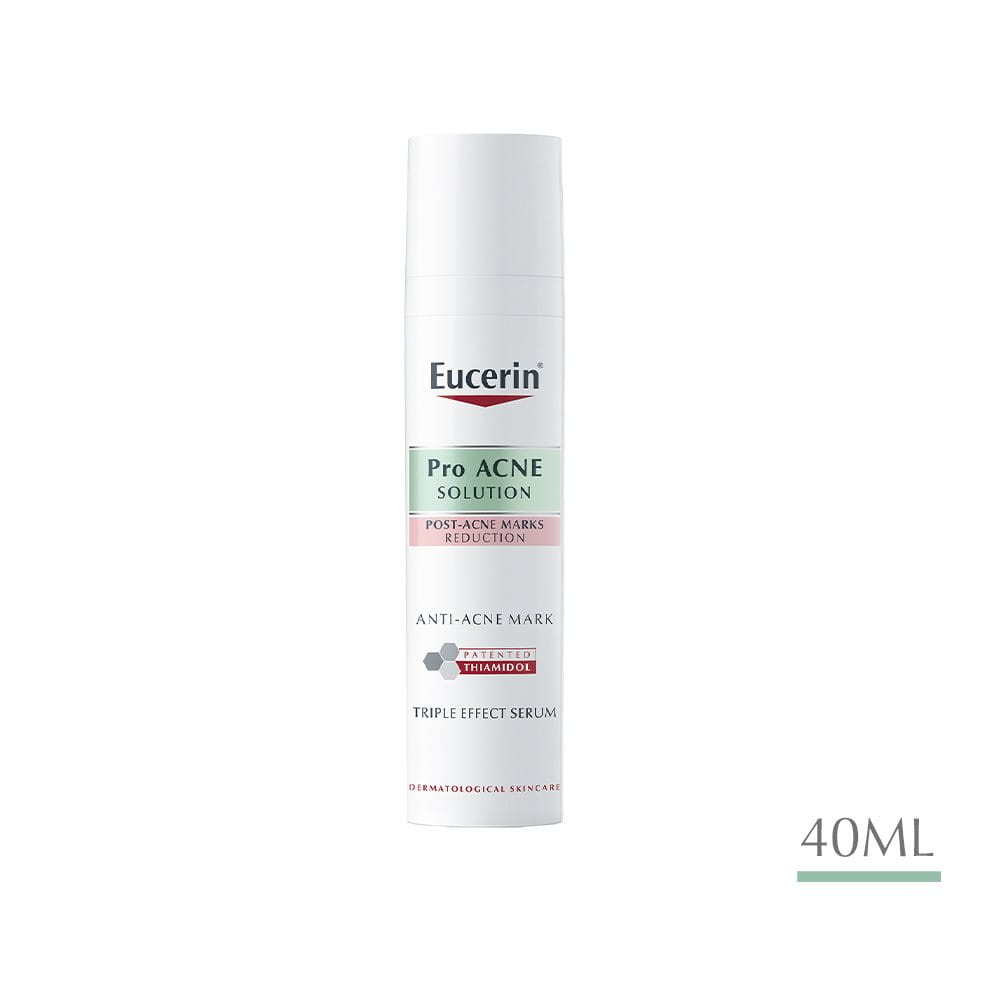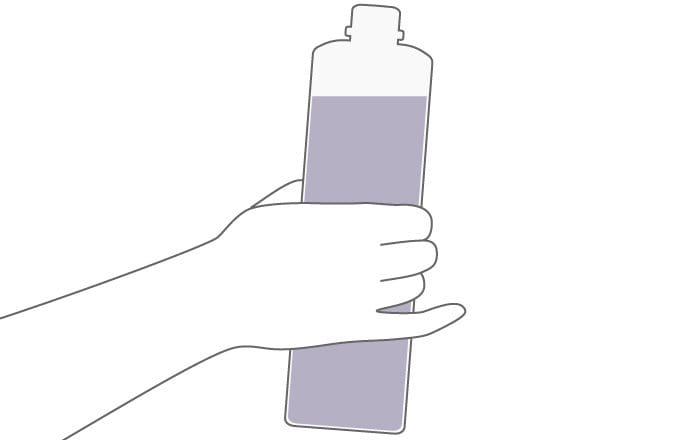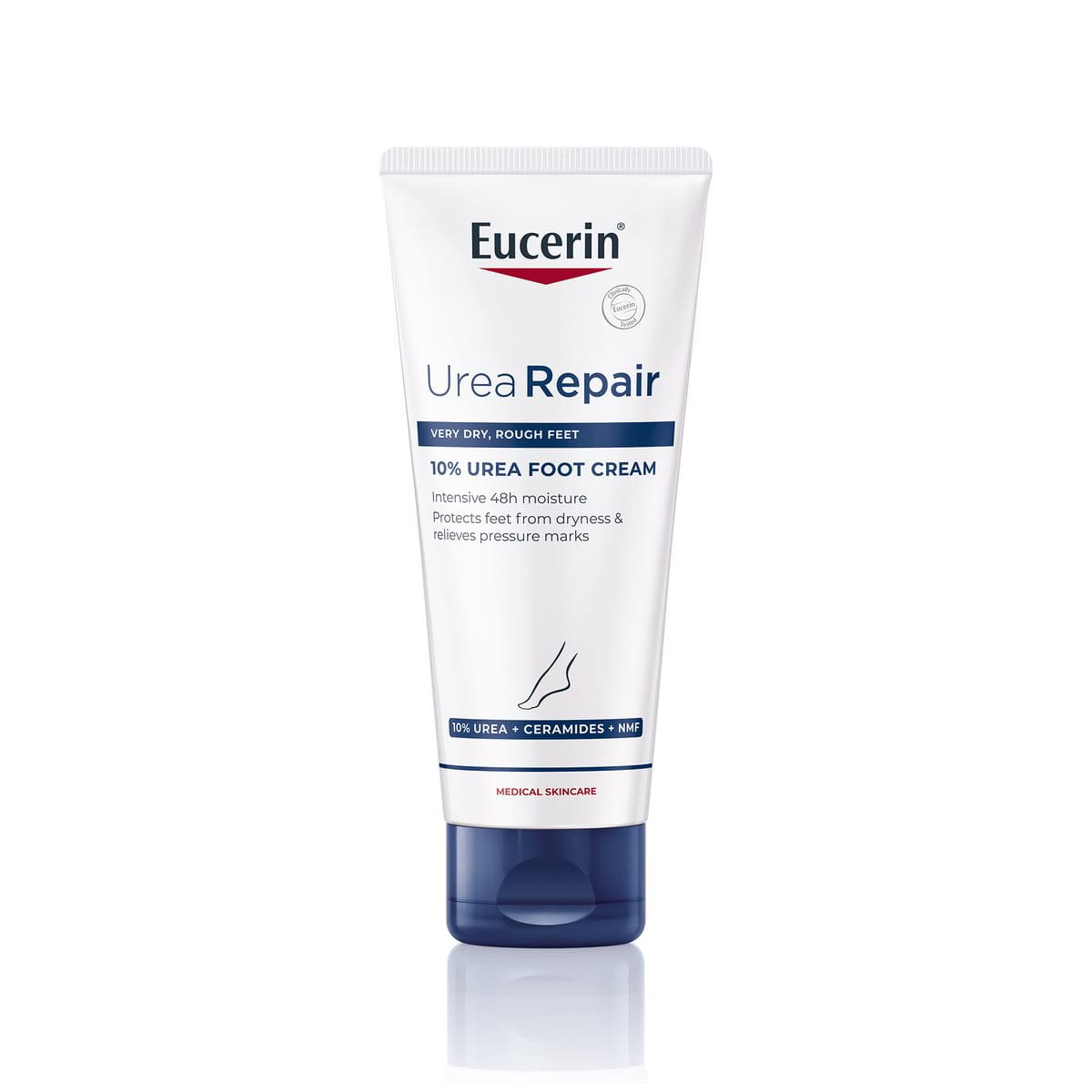Check your skin regularly
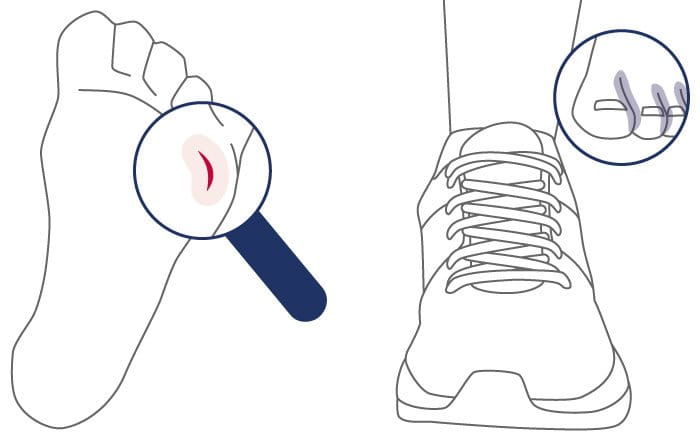
The skin on your feet is particularly susceptible to damage if you are Diabetic, so be sure to check your feet regularly. Perhaps family or friends can help?
Always clean your skin before you moisturize.
Wear socks and shoes made of breathable materials to prevent moisture from building up.
Avoid irritant triggers
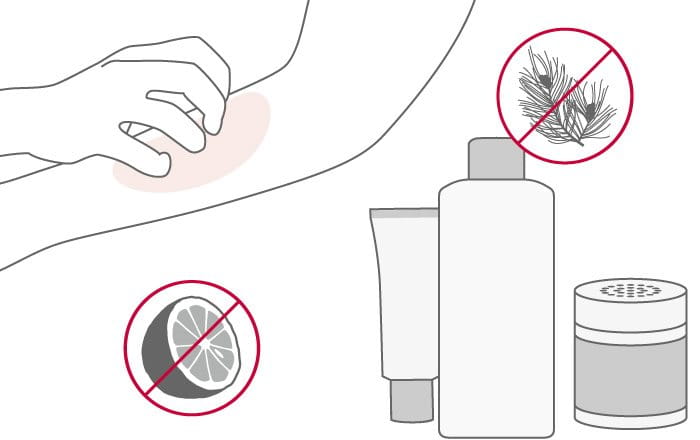
Avoid foods that can cause itchy skin, especially citrus fruits (fresh fruit, fruit juices and juice-based fizzy drinks) and do not drink chlorinated water.
Do not use a vinegar foot soak or attempt to treat feet with gels or foot powders.

